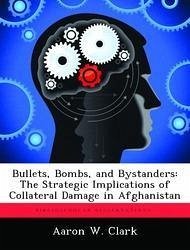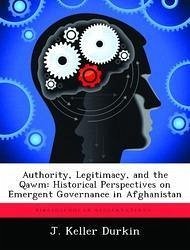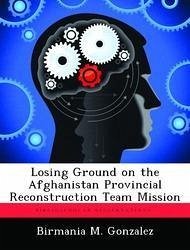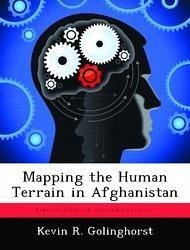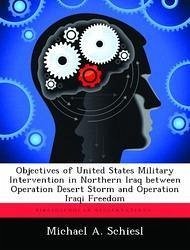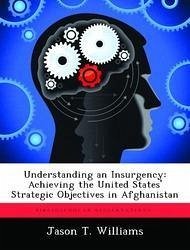
Understanding an Insurgency: Achieving the United States' Strategic Objectives in Afghanistan
Versandkostenfrei!
Versandfertig in über 4 Wochen
52,99 €
inkl. MwSt.

PAYBACK Punkte
26 °P sammeln!
The problems in Afghanistan are not simple and there is no single solution. Indeed, the problems in Afghanistan are not limited to Afghanistan. Instead, the problems extend to all of Afghanistan's immediate neighbors as well as, among others, the United States, NATO, Russia, Iran, and India. However, perhaps nowhere is the problem more pronounced than in Pakistan. Pakistan's relationships with Afghanistan and the rest of the world are heavily influenced by Pakistan's fears that it is isolated against an existential threat in India and its distrust of the United States. This fear has led Pakist...
The problems in Afghanistan are not simple and there is no single solution. Indeed, the problems in Afghanistan are not limited to Afghanistan. Instead, the problems extend to all of Afghanistan's immediate neighbors as well as, among others, the United States, NATO, Russia, Iran, and India. However, perhaps nowhere is the problem more pronounced than in Pakistan. Pakistan's relationships with Afghanistan and the rest of the world are heavily influenced by Pakistan's fears that it is isolated against an existential threat in India and its distrust of the United States. This fear has led Pakistan to pursue policies that have further complicated the situation in Afghanistan and created domestic turmoil that causes Pakistan to view the Taliban and its border region with Afghanistan from a different perspective than the United States. Given the specific context of Afghanistan, the United States and its allies must utilize both direct and indirect approaches and capitalize on their diplomatic, information operations, military, and economic resources in order to achieve its strategic objectives in the region. With respect to diplomacy, the United States must engage with Pakistan and the other nations in the region in order to assuage Pakistani fears of isolation at the hands of India and its distrust of the United States. The information instrument should be directed at the citizens and governments of Afghanistan and Pakistan, the Taliban and al Qaeda, the citizens and governments of the other Central Asian nations, and major regional players such as the European Union (EU), NATO, Saudi Arabia, China, Iran, and Russia. These messages should focus on delegitimizing al Qaeda's ideology and actions; separating the Taliban, which is a regional insurgency, from al Qaeda, which is a global insurgency; espousing a U.S. position that is oriented on a long-term commitment to the region; and promoting coalition efforts and membership. The military instrument should continue to be





